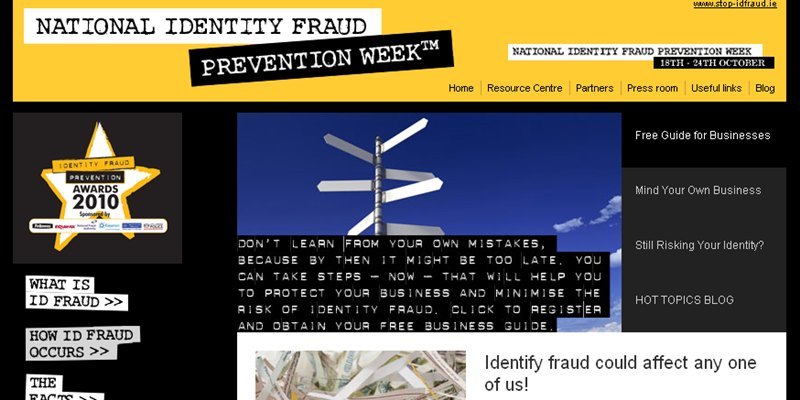A Monifieth man who fell victim to identity thieves says he would not wish it on anybody.
Gil Sharp spoke ahead of National Identity Fraud Prevention Week, which is in its sixth year and starts today.
As we reported in September, Gil is among hundreds of people who recently had their identity stolen by fraudsters who targeted the MCO Capital company and used their details to make online loan applications.
MCO Capital Limited is a genuine loan company based in Finland with a registered office address in Westminster.
Gil said, “I’ve been trying to get this resolved and the company said they have many cases similar to mine and are trying to process them as fast as possible but they don’t seem to have got very far.
“I wouldn’t wish this on anybody. We’ve been in touch with the police, we’ve spoken to the bank, we’ve been going back and forward to the company and we’ve had to carry out a credit check.
“It might also affect the kids’ credit rating as well even if we don’t need credit, they may in future and because they’ve got this address they could be snookered as well.”
He added, “I’m just flabbergasted that they could get money on the strength of my name, address and postcode.
“My wife used to work in a bank and she would be absolutely slaughtered if she started handing out money to people left, right and centre like that.”
Research for this year’s campaign shows that only 7% of British people are confident that the organisations they deal with treat data responsibly.
Despite being aware of the dangers, British people and businesses are still not taking steps against identity fraud and only 44% say they regularly check bills and financial statements against receipts.
Only half verify emails or calls from organisations before responding while 82% of British people believe that the company they work for doesn’t take identity fraud seriously enough.
According to CIFAS, the UK’s Fraud Prevention Service, in the first three quarters of 2010, identity fraud in the UK increased by almost 10% when compared with 2009, rising to 79,871 cases.For more information visit www.stop-idfraud.co.uk
